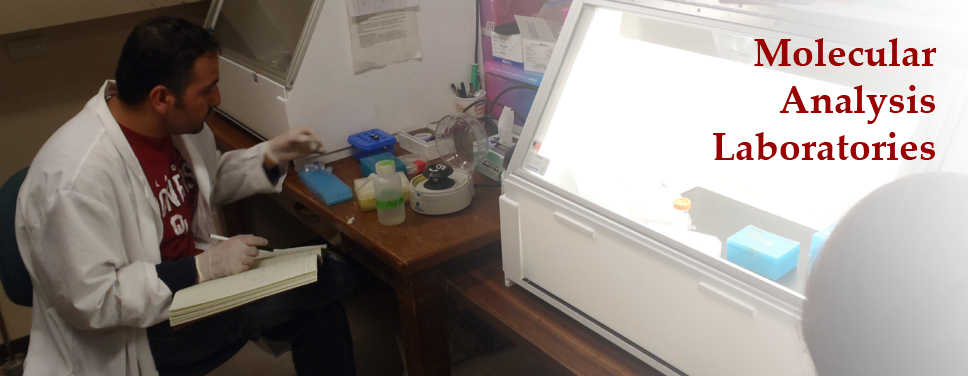
The Biocorrosion Center at the University of Oklahoma (OUBC) is working to generate new knowledge and technology to diagnose and mitigate hydrocarbon biodegradation and carbon steel biocorrosion problems in the energy industry. These relatively poorly understood processes have enormous consequences including damaged pipelines, storage facilities, separators, tankers and refineries. Biocorrosion is one of the leading causes of product interruptions and hazardous material discharges into the environment. The OU Biocorrosion Center is uniquely equipped to provide solutions to this industry-wide problem given its long history and focus on the study of the anaerobic microbiology of hydrocarbon degradation. Researchers at the Center have access to corroding microbial communities enriched and/or isolated from specimens gathered during expeditions to Alaska’s North Slope and from other industrial facilities operated by participating sponsors. Using state of the art molecular, microscopic and analytical chemistry techniques, new methods are being developed to diagnose and respond to the microbial activities that are at the heart of biocorrosion problems.
Our research will determine the most valuable tools and approaches for diagnosing and monitoring biocorrosion in oil field facilities. With a better understanding of the microbial ecology of biocorrosion processes we will be able to develop directed mitigation strategies. If your company would like to participate in this pioneering research, please contact our Director.
OUBC Director Joseph Suflita to deliver keynote talk at the NIST organized Alternative Fuels and Materials Biocorrosion Workshop in Boulder, CO July 22-23. The Workshop will focus on the changing composition of fuels and the impact of that composition on materials, the influence of microbial populations on corrosion, and state of the art measurement technologies for monitoring material breakdown and biofilm formation. For more information about the conference or to register, contact Elisabeth Mansfield: (303) 497-6405 email: elisabeth.mansfield@nist.gov. Workshop website: http://nist.gov/mml/acmd/biocorrosion.cfm
OUBC research is featured in the June issue of Diesel Fuel News (Hart Energy). The article discusses findings from a recent Environmental Science and Technology publication "Impact of Organosulfur Content on Diesel Fuel Stability and Implications for Carbon Steel Corrosion" (Chrisopher N. Lyles, Deniz F. Aktas, Kathleen E. Duncan, Amy V. Callaghan, Bradley S. Stevenson and Joseph M. Suflita). View Diesel Fuel News Volume 17 Issue 21. |
The European Network BIOCOR ITN coordinated by CNRS - Laboratoire de Génie Chimique, Toulouse, France, and funded under the European FP7 “People” Marie Curie Programme, will take an active part in the EUROCORR 2013 congress in Estoril, Portugal, organizing its Final Conference, coupled with the Working Party 10 ‘Microbial Corrosion’. This event, hosted by the European Federation of Corrosion (EFC) with the collaboration of Ricerca sul Sistema Energetico, Milan, Italy, will enable the recruited researchers of the network to present their conclusions from their individual projects based on biocorrosion problems encountered in three large industrial sectors: the oil and gas industry (especially water injection systems), cooling systems in power supply facilities and nuclear waste geological disposal. These results have been partially demonstrated during previous events but especially within the last two EUROCORR editions. Our final conference will explore other subjects from across the globe with the contribution of international lecturers. All members of the BIOCOR ITN network including Det Norske Veritas As, Bergen, Norway, will warmly welcome all researchers and industrial representatives, from September 2-4, 2013, interested in the overall subject of Microbial Corrosion.
|

